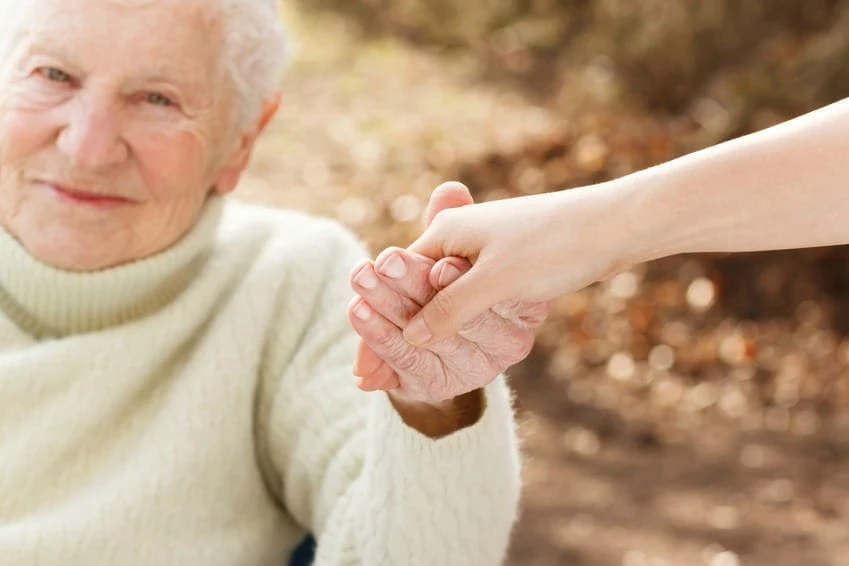
Family members with a loved one in a nursing home want to know that their loved one is safe, happy, and well attended.
Unfortunately, not all experiences within nursing homes and retirement homes are positive. Sometimes, patients suffer from neglect and abuse by nursing home staff.
When these establishments provide substandard care and elderly residents suffer, the nursing home should be held responsible. Here are some signs to look for that may indicate that your loved one is being abused or neglected:
- Bruising: The elderly are more susceptible to bruising. If you notice multiple bruises on your loved one’s body, it may indicate that he or she has been abused or handled roughly.
- Falls: Not all falls can be prevented, but nursing homes have an obligation to keep their residents safe. This is especially true for residents with a high risk of falling. Nursing homes should implement fall prevention techniques to minimize this risk.
- Weight loss: Weight loss can be a sign of malnutrition, anxiety, depression, and other conditions. It is important to observe your loved one’s weight and take action if you suspect something is wrong.
- Dehydration: It is the responsibility of the nursing home to ensure that residents are kept properly hydrated. A lack of fluids can cause dehydration, which can be dangerous or even deadly.
- Bed sores: Bed sores can develop when blood flow is decreased to a certain area of the body. This is often the result of increased pressure on the area due to immobility. Since some nursing home patients often cannot move themselves, they must depend on staff to do it for them. When they don’t, bed sores can develop. If you see one developing, alert the hospital staff and take photographs.
- Emotional and behavioral changes: Some residents are not able to communicate that something is wrong. But, they may exhibit signs of distress in their actions and behavior. If your loved one seems unusually agitated, anxious, or depressed, do not ignore the behavior; instead, look into the matter right away
These factors do not establish nursing home neglect or abuse. But they are warning signs that should not be ignored.
What Steps Should I Take?
If you suspect that your loved one has been abused or neglected, you may be wondering where to find help. You may not get answers from the nursing home, so it is advisable to speak with an attorney who handles nursing home abuse and neglect cases.
Remember that some signs of abuse or neglect are subtle. Don’t ignore your intuitions – your loved one’s health and safety may depend upon you.
Free consultation: If you suspect that your loved one is experiencing neglect or abuse in a nursing home, you may schedule a free consultation with an attorney from our firm by calling 800-594-4884.
